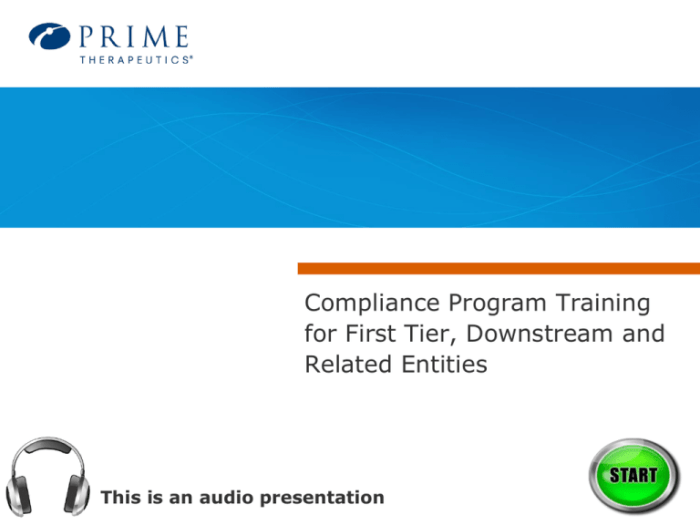A sales agent employed by the sponsor’s first-tier downstream plays a pivotal role in driving sales and fostering customer relationships. This guide delves into the intricacies of this position, exploring its responsibilities, strategies, and the tools that empower these agents to excel in their field.
From understanding the sales process and identifying potential customers to building strong relationships and leveraging market research, this comprehensive guide provides valuable insights into the world of a sales agent employed by the sponsor’s first-tier downstream.
Sales Agent Overview

A sales agent employed by the sponsor’s first-tier downstream is responsible for representing the sponsor’s products and services to potential customers within the downstream’s distribution network. These agents play a crucial role in driving sales and building relationships with downstream customers.
Key Responsibilities and Duties
- Prospecting and identifying potential customers within the downstream’s distribution network
- Developing and maintaining strong customer relationships
- Presenting and demonstrating the sponsor’s products and services
- Negotiating and closing sales contracts
- Providing technical support and after-sales service
- Monitoring customer feedback and identifying opportunities for improvement
Skills and Qualifications
- Strong sales and negotiation skills
- Excellent communication and interpersonal skills
- Knowledge of the sponsor’s products and services
- Understanding of the downstream’s distribution network
- Experience in building and maintaining customer relationships
- Bachelor’s degree in business, marketing, or a related field
Sales Process and Strategies
The typical sales process followed by these agents involves the following steps:
- Prospecting and lead generation
- Qualification and needs assessment
- Presentation and demonstration
- Proposal and negotiation
- Closing and order fulfillment
Effective Sales Strategies
- Identify and target the right prospects
- Build strong relationships with key decision-makers
- Use effective sales tools and techniques
- Tailor sales presentations to meet customer needs
- Negotiate win-win outcomes
Customer Relationship Management
Customer relationship management (CRM) is essential for these agents as it helps them build and maintain strong relationships with customers, leading to increased sales and customer loyalty.
Best Practices for Building Strong Customer Relationships
- Provide excellent customer service
- Communicate regularly with customers
- Personalize interactions with customers
- Track customer feedback and identify opportunities for improvement
- Use CRM tools to manage customer data and interactions
Market Analysis and Research: A Sales Agent Employed By The Sponsor’s First-tier Downstream

Market analysis and research play a vital role in the success of these agents as it helps them understand the market landscape, identify opportunities, and target specific market segments.
Methods for Conducting Market Research
- Surveys and questionnaires
- Interviews and focus groups
- Secondary data analysis
- Competitive analysis
- Trend analysis
Sales Tools and Technology
These agents use a variety of sales tools and technologies to improve their efficiency and effectiveness.
Benefits and Limitations of Using Sales Tools
- Increased productivity
- Improved customer engagement
- Better data management
- Potential for bias and automation errors
- Cost and implementation challenges
Performance Measurement and Improvement

Performance measurement is crucial for evaluating the effectiveness of these agents and identifying areas for improvement.
Key Performance Indicators (KPIs), A sales agent employed by the sponsor’s first-tier downstream
- Sales revenue
- Customer acquisition cost
- Customer lifetime value
- Sales cycle length
- Customer satisfaction
Strategies for Continuous Improvement
- Regular performance reviews
- Training and development programs
- Mentoring and coaching
- Use of sales performance management tools
- Benchmarking against industry best practices
Clarifying Questions
What are the key responsibilities of a sales agent employed by the sponsor’s first-tier downstream?
Their responsibilities include identifying and qualifying leads, developing and implementing sales strategies, building and maintaining customer relationships, conducting market research, and leveraging sales tools and technology.
What are some effective sales strategies employed by these agents?
Effective sales strategies include understanding customer needs, tailoring solutions to meet those needs, leveraging relationship-building techniques, and utilizing data-driven insights to optimize sales processes.
How do these agents handle customer objections and resolve issues?
To handle objections and resolve issues, these agents employ active listening skills, empathy, problem-solving abilities, and a commitment to finding mutually beneficial solutions that foster long-term customer satisfaction.